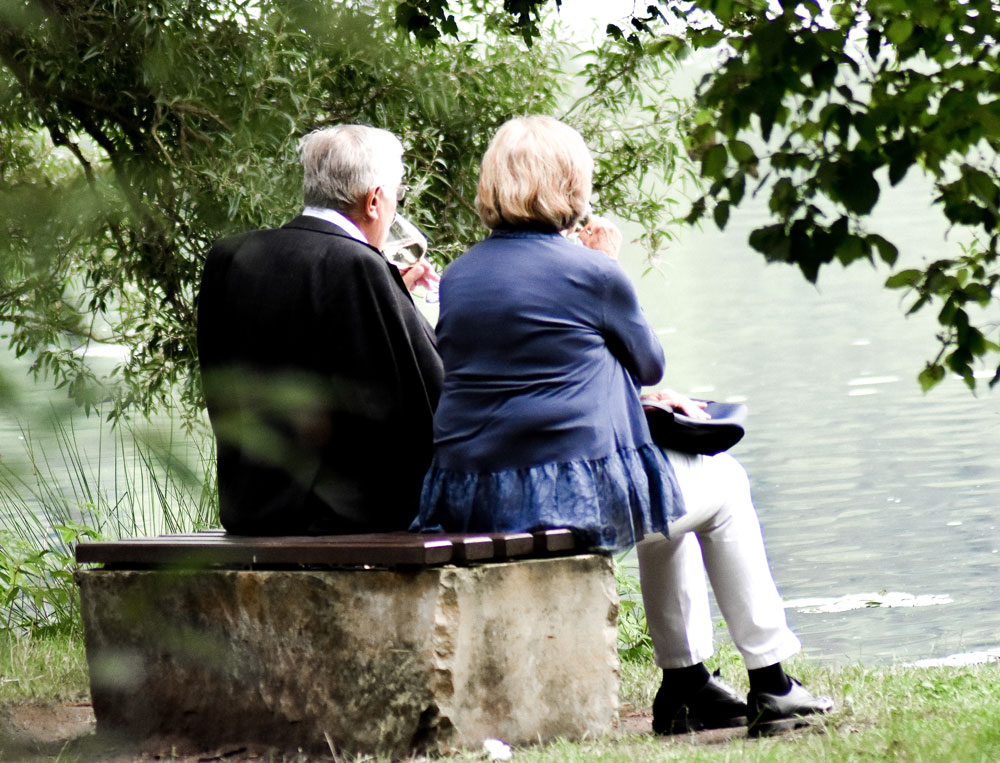You may find yourself responsible for dealing with someone’s estate if they have chosen you as an executor or joint executor in their Will, or if you’re legally entitled to be their administrator.
Administrators act when someone dies without a Will or when the appointed executors can’t act for some reason.
Should you be appointed as an executor in somebody’s Will, you are being asked to act as a personal representative to administer the estate of the person in accordance with the terms of the Will after their death. Your appointment as executor is one of trust and responsibility and, whilst you are not required to do anything now, we would like to make you aware of a few important points.
Your role begins upon the death of whoever appointed you in their Will and your first job is to locate their last Will. Most of our clients store their documents with us and, if this is the case, you simply telephone the Heritage Wills office where there will be an up to date and easy to understand legal Will, along with any other of their important documents in storage.

Help when you need it
At Heritage Wills, if storage is in place, as the executor you have the peace of mind in knowing that valuable help and guidance is available to you free of charge when you need it most, so don’t worry. All we would like to do is make you aware of the following important immediate actions:
- Don’t panic – help is at hand.
- Telephone Heritage Wills to begin the process.
- The death must be registered within 5 days.
- Get several copies of the death certifcate.
- Ensure the deceased’s assets are secured.
- Contact a funeral director.
Let Heritage Wills take the weight
If the role of executor proves inconvenient or impossible when the time arrives, again we can help. Our own probate department is available to help you with either one specific task or we can take the entire weight off your shoulders by dealing with the complete process from start to finish.
Whilst this service is not included as part of the storage agreement, our probate service is available at a fixed hourly fee. Our knowledge and experience at recovering payments to the estate can often cover the costs. The estate, and not you the executor, pays the fees.
Being an Executor – Doing it yourself
Executors and administrators are collectively known as personal representatives (PRs). They gather in everything the deceased owned, pay any debts and distribute the rest to the beneficiaries.
There are advantages to administering an estate yourself. Above all you could save the estate money. It will also mean you are in control and not reliant on someone else. You can still seek advice at any time if you want help. However, administering an estate can be time consuming, and you won’t receive anything in return apart from your expenses. You could also be held personally liable if you make a mistake.
There are some estates which are too complex to tackle yourself – and for those you will need professional advice. We are able to help you with specific aspects of administration or we can take the weight off your shoulders completely.

Examples of some of the duties of an executor
- Register the death and collect the Will.
- Secure any property or valuables of the deceased.
- Make arrangements with a local funeral director.
- Check to see if the funeral has been pre-paid.
- Get valuations of all assets at date of death.
- Obtain all forms from the probate registry.
- Return the completed forms with the Will and death certificate.
- Arrange to swear an oath.
- The Grant arrives and you can begin cashing in all assets.
- Pay off any outstanding debts, funeral bill etc.
- Pay any legacies and give any gifts mentioned in the Will.
- Distribute the residuary estate.
What is the Grant?
Normally you will need a Grant of Probate before the organisations holding the deceased’s assets will release them to you. The Grant acts as proof that you are the person entitled to deal with the assets. You won’t always need one though. For example, Banks, National Savings, some pension funds and friendly societies may release sums of around £20,000 if you simply show them the death certificate. Ask the companies holding the deceased’s money if they need a Grant of Probate.
Debts of the deceased
Normally debts, including funeral expenses, are paid out of the deceased’s estate. Relatives do not need to pay them out of their own income or savings.
What about Inheritance Tax?
Once you have the estate values, you can fill out the probate registry forms. These include forms that are used to work out if Inheritance Tax (IHT) is due. If the estate is worth more than £325,000, IHT is generally charged at 40 per cent on the amount which is above the limit. There are exemptions – for instance, a spouse can inherit from their deceased partner without paying any IHT. If you’re dealing with an estate where IHT is due, speak to us to see if there are ways we can help.

Rest easy – some useful tips
- Open an executor account to keep monies separate from your own.
- Keep a diary of all visits, letters and phone calls.
- Make photocopies of all letters and documents.
- Keep the original Will safe and don’t attach anything to it.
- Obtain several sealed copies of the Grant from the probate registry so all claims can be dealt with at the same
- Photocopies are not valid.
- Ask for help if you need it.
